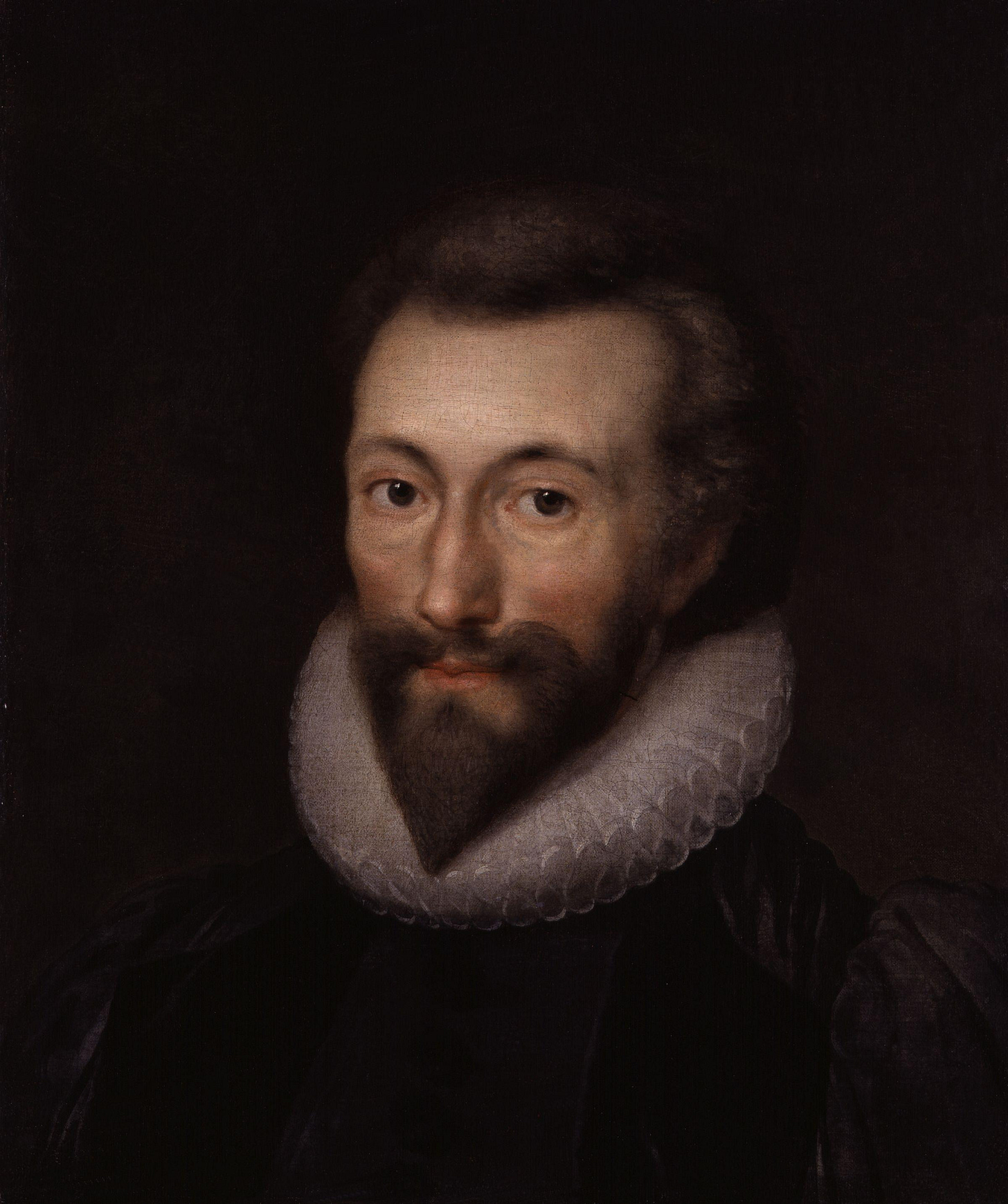Top 3 poems by John Donne
A literary analysis of the 3 greatest poems of love and death by the metaphysical poet John Donne.
I’ve explored poets such as Wilfred Owen and Christina Rossetti so far in this newsletter. Now, I’d love to rewind the clock further to the beloved metaphysical poet, John Donne, exploring & analysing three of my favourite Donne poems.
3. "A Nocturnal upon St. Lucy's Day" (1633)
In this poem, love is portrayed as a dangerous alchemist who is both a creator and a destroyer. Love brings lovers to life in ways they’ve never known. But love also strips them of everything when death arrives. The poem carries a warning to those in love: “Study me then, you who shall lovers be.” Love once “wrought a new alchemy” of ecstatic joy, but ultimately, “He [love] ruin’d me.”
Study me then, you who shall lovers be
At the next world, that is, at the next spring;
For I am every dead thing,
In whom love wrought new alchemy.
For his art did express
A quintessence even from nothingness,
From dull privations, and lean emptiness;
He ruin'd me, and I am re-begot
Of absence, darkness, death: things which are not.
In this poem, the chaos before creation is intriguingly referenced twice. Initially, it reflects how the lovers would spiral into wild jealousy when one of them showed interest in someone else: “oft did we grow /To be two Chaoses, when we did show /Care to aught else.” However, the second reference shifts from a communal experience to an individual identification. After his lover’s death, the speaker bleakly aligns himself with the nothingness that existed before creation: “But I am by her death (which word wrongs her) / Of the first nothing the Elixir grown.”
John Donne, painted by Isaac Oliver
2. "The Good-Morrow" (1633)
This poem stands out for the way Donne characterises the experience of being in love using divine language.
I wonder, by my troth, what thou and I
Did, till we loved? Were we not weaned till then?
But sucked on country pleasures, childishly?
Or snorted we in the Seven Sleepers’ den?
’Twas so; but this, all pleasures fancies be.
If ever any beauty I did see,
Which I desired, and got, ’twas but a dream of thee.
And now good-morrow to our waking souls,
Which watch not one another out of fear;
For love, all love of other sights controls,
And makes one little room an everywhere.
Let sea-discoverers to new worlds have gone,
Let maps to other, worlds on worlds have shown,
Let us possess one world, each hath one, and is one.
My face in thine eye, thine in mine appears,
And true plain hearts do in the faces rest;
Where can we find two better hemispheres,
Without sharp north, without declining west?
Whatever dies, was not mixed equally;
If our two loves be one, or, thou and I
Love so alike, that none do slacken, none can die
“The Good-Morrow” explores the transformative power of love, imagining a time before love when life was simple and unfulfilled. The speaker reflects on how love awakens their [the lovers’] souls, removing fear and jealousy, and creating a world where only each other matters. Love then makes them feel as though they are the only two people in existence, with each of them representing a world of their own. Donne’s speaker then makes the bold claim that their love is so perfectly aligned that it transcends death, remaining eternal and unbreakable: “none can die”.
1. "Holy Sonnet 10: Death Be Not Proud"
Where "A Nocturnal upon St. Lucy's Day" explored the anguish of death, the way it tears lives apart, separates lovers, and brings grief and horror, “Holy Sonnet 10” (commonly known by its opening line, “Death, be not proud”) boldly challenges the power of death, passionately rejecting the notion that death is an unstoppable force.
Death, be not proud, though some have called thee
Mighty and dreadful, for thou art not so;
For those whom thou think'st thou dost overthrow
Die not, poor Death, nor yet canst thou kill me.
From rest and sleep, which but thy pictures be,
Much pleasure; then from thee much more must flow,
And soonest our best men with thee do go,
Rest of their bones, and soul's delivery.
Thou art slave to fate, chance, kings, and desperate men,
And dost with poison, war, and sickness dwell,
And poppy or charms can make us sleep as well
And better than thy stroke; why swell'st thou then?
One short sleep past, we wake eternally
And death shall be no more; Death, thou shalt die.
In these 14 lines, Donne vehemently argues that death is merely a temporary state. He describes death as a “slave to fate, chance, kings, and desperate men,”. Comparing death to rest and sleep, the speaker suggests it may even be more pleasant: “Rest of their bones, and soul's delivery”. Death often comes to the best individuals, signifying the body’s rest and the soul’s journey to the afterlife, as the speaker notes, “One short sleep past, we wake eternally.”
Donne was undoubtedly influenced by the New Testament’s mocking of death in the passage on resurrection: “Death is swallowed up in victory. O death, where is thy sting? O grave, where is thy victory?”.1
1 Corinthians 15:54b-55; Isaiah 25:8.





